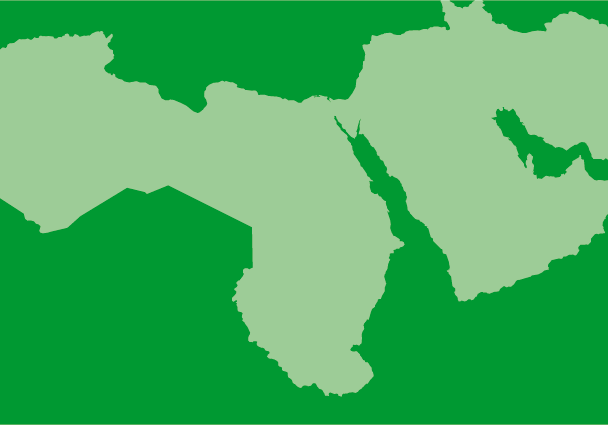
Feb 28, 1994 | News
The ICJ two-year study of the Iraqi legal system, entitled “Iraq and the Rule of Law,” pinpoints structural defects in the Iraqi system of justice, which can be considered as characteristic of similar one-party States.
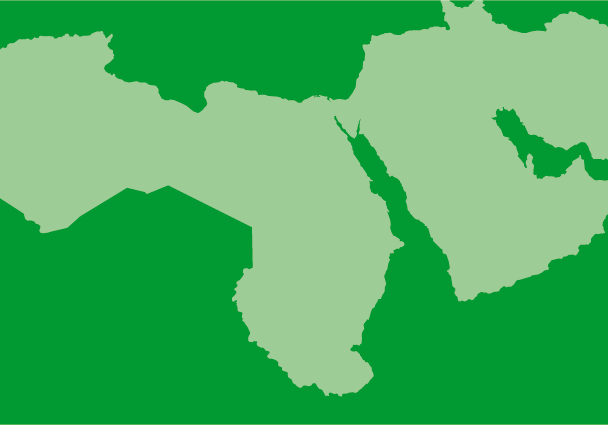
Feb 28, 1994 | News
The ICJ urges the Lebanese government to take all adequate steps to ensure that the perpetrators of the Sunday massacre be brought to justice.
At least 10 worshippers were killed and over 60 others wounded, many of them children and women, during mass, when two bombs ripped through the Sayyidet el Najat (Our Lady of Salvation) church in Jounieh, northern Beirut.
The ICJ deplores this infamous massacre which may jeopardise the country’s recent return to peace after years of civil war.
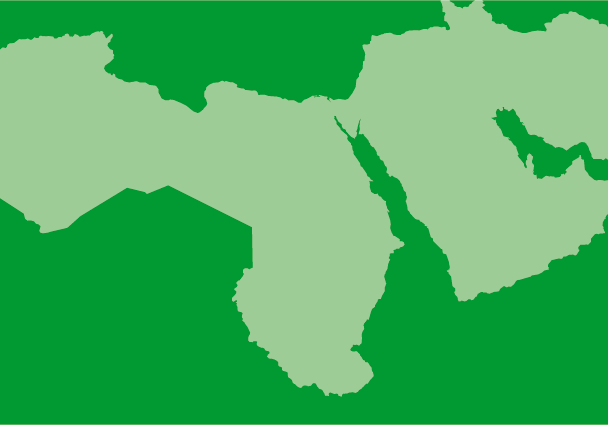
Feb 25, 1994 | News
The ICJ deplores the outrageous massacre of at least 53 Palestinians in Hebron, in the Occupied Territories, early this morning.
Over 100 Palestinians were wounded, some of them seriously, and, therefore, the death toll is bound to increase.
The ICJ is alarmed over the potential consequences of the massacre and urges the Israeli military authorities to exercise maximum restraint in the coming hours. Already, at least 8 more Palestinians were killed by the army in separate incidents, following this tragic event.
The Palestinians were killed when an Israeli settler in military uniform opened fire on the worshippers inside the AI-Haram AI-Ibrahimi Mosque in Hebron in the early hours of the morning.
The ICJ has always maintained that the Israeli settlements in the Occupied Territories are not only illegal but, also, constitute a threat to peace and security in the region.
The ICJ reiterates its concern that the systematic arming of Israeli settlers in the Occupied Territories sets the stage for this act of inhumanity.
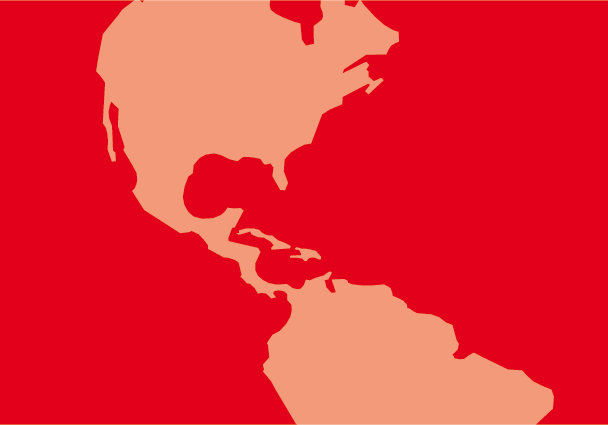
Feb 22, 1994 | News
The ICJ released today a preliminary report of its mission to Mexico from 1-10 February 1994 with regard to the recent insurrection of the indigenous peoples in the Mexican State of Chiapas.
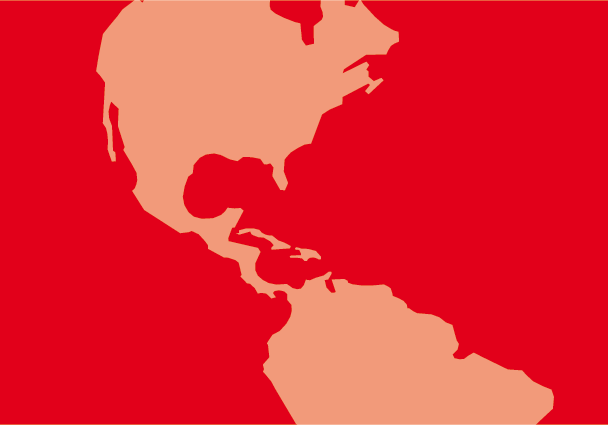
Feb 1, 1994 | News
The ICJ is sending an eight-day fact-finding mission to Mexico today.
The aim of the mission is to investigate the situation prevailing in the southern Mexican State of Chiapas where an armed insurrection led by the “Zapatista National Liberation Army”‘ has met a strong military response.
The mission is comprised of Dr Alejandro Artucio (ICJ Legal Officer for Latin America) and Dr Eduardo Luis Duhalde (Argentina). They will meet officials of the Federal Mexican Government, members of the State authorities of Chiapas, representatives of the local indigenous peoples and of human rights organizations, political and religious leaders as well as all other parties concerned.

Jan 18, 1994 | News
A three-day seminar on the Media and the Judiciary organized by the ICJ opens today in Madrid, Spain.










